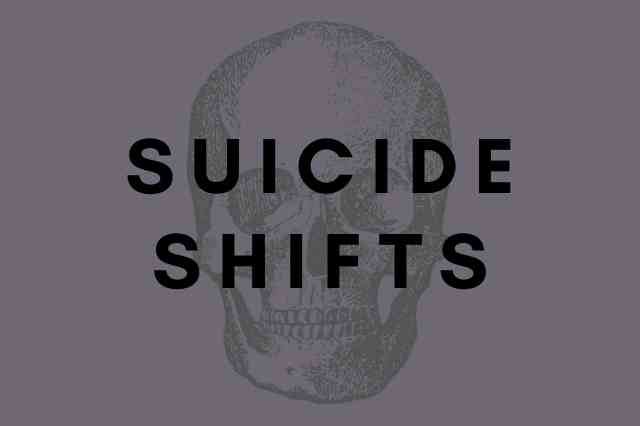I’m not special. You are not special. The US isn’t special.
The story we tell each other about how special we are can quietly convince us that needing help makes us weak or unworthy. It’s the same thinking that stops us from seeking support, both personally and as a country. But what if belonging mattered more than being “the exception”? What if care was guaranteed to all human beings regardless of background? This week’s blog dives into how the story we tell each other shows up in our healthcare system and in our own lives.
Old friends, new home
Hello! This is just a brief note to explain why there are suddenly some blog posts here that predate the founding of Lost Coast Advocacy.
Why Doctors Don’t Know (and what to do)
How can doctors miss a diagnosis for 7 years?
For this post, I thought I’d share a discussion I had with my partner this month about an ad we kept seeing on our Roku channel. (We’ve been watching Bones reruns. #notanad)
The advertisement features a woman discussing a possible patient experience with hidradenitis suppurativa (HS) and promotes an “awareness” website that is actually run by Novartis who makes a medication which may treat HS (see last paragraph for more info).
The woman in the ad says she had painful bumps under her arms that prevented her from wearing a seatbelt tolerably. She says that doctors didn’t know what these bumps were for 7 years.
Baffling Billing
My personal story of negotiating an expensive hospital bill over a Covid test.
Medical Residency Sucks
Residency Sucks: But does it suck enough to leave?
If you are currently in a medical residency program, I suspect you may have considered quitting at some point. To be honest, there are very few (none?) jobs that require 4 years of grueling post-graduate level training and make you work 60-100 hours/week for <60k annually. Residency training is highly likely to make logical people re-evaluate their decision to enter or continue with it, in my opinion.









